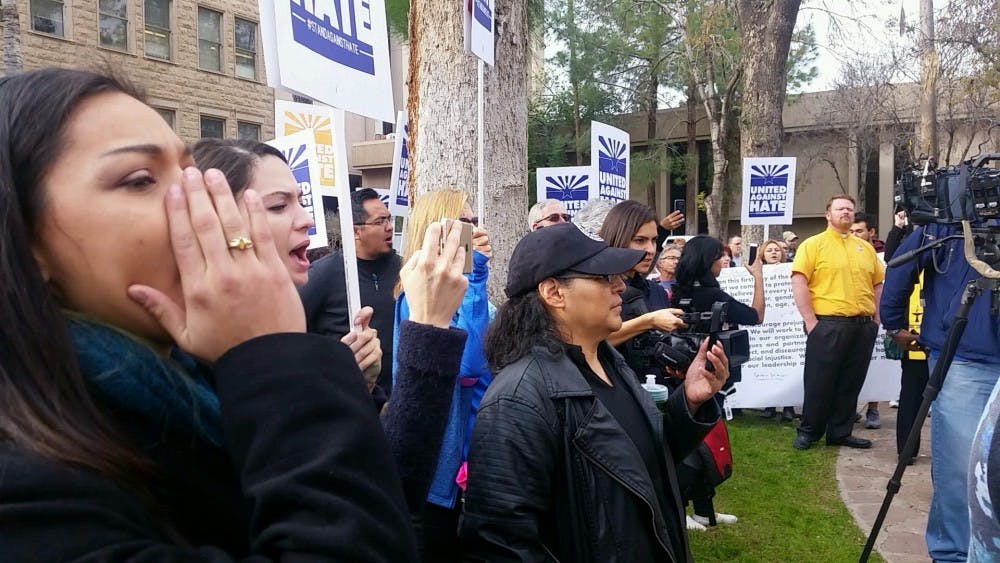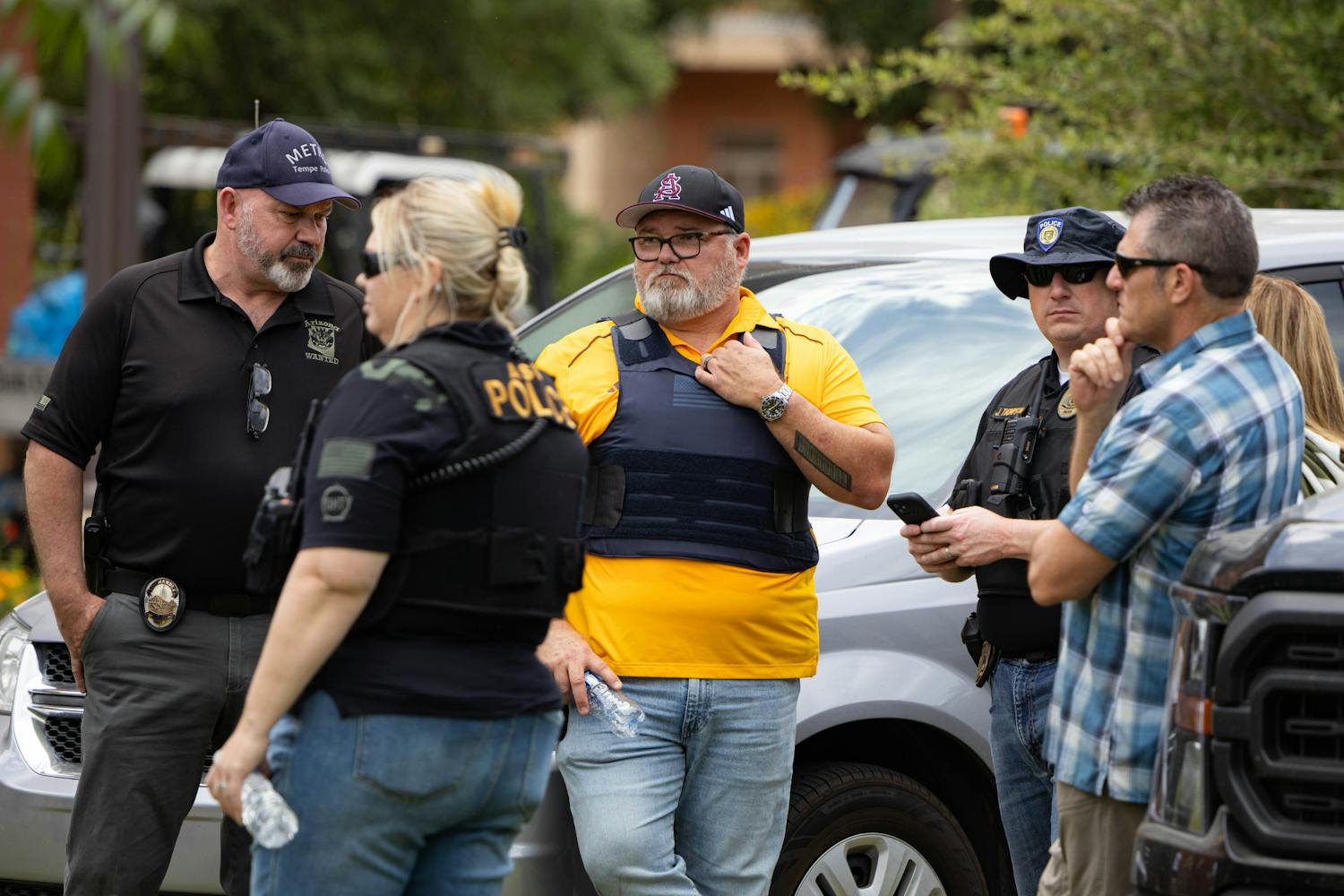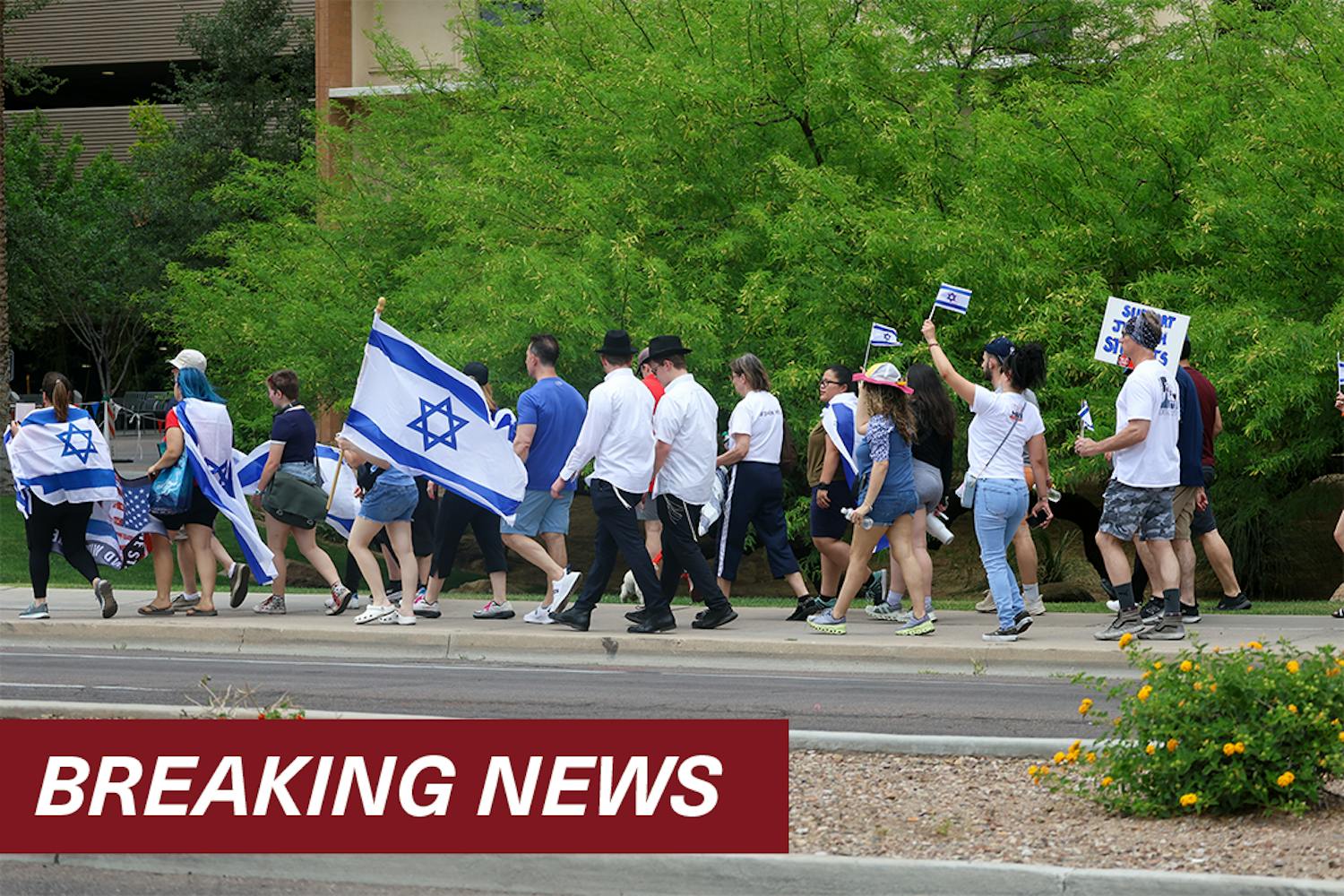After the contentious election of Tom Perez to DNC Chair, some progressive students at ASU reacted strongly, declaring that the Bernie Sanders-backed Keith Ellison was unfairly excluded from party politics. Whether the race was fair or not, angered progressive students are learning the difficulties of working in coalition, and it’s time to work on self-reflection and see what can be learned from the fraught race.
Political parties are the most visible and inclusive form of organizing available to university students, and the fight taking place over the Ellison-Perez race provides an optimal time to practice the graces that working in an imperfect coalition requires.
First, coalition building — including party building — is about reaching across boundaries. On that issue, both camps have explicitly drawn divisions rather than erasing them.
The primary axis, of course, was understood as corporate Clintonite Democrats against progressive Ellisonite Democrats. For the left, that fight left them embittered partially because of how, as ASU law student Alex Ponikvar tweeted, it denied that the non-centrist part of the party existed.
@blsteele17 @ezraklein it barely does, which made the centrist scramble to shut down ellison all the more disturbing
— DJ White Wife (@casualhexes) 14 de marzo de 2017
Similarly, pro-Ellison Democrats were seen as excluding moderate Democrats, with many concerned that if the progressives came to power, Democrats could be subject to the same harsh realities as moderate Republicans experienced during the rise of the Tea Party in the 2010 midterm elections.
The other rift, however, didn’t cut along the Democratic primary’s lines as cleanly.
While economics were the main show, parts of the Perez-supporting camp threw out Hillary’s big tent identity politics to explicitly link Ellison’s support of Palestine with anti-Semitism. ASU freshman Tanzil Chowdhury articulated via Twitter the damage particularly well.
@blsteele17 As a Muslim, the islamophobic tactics used by the Perez camp made me feel like the Democrats don't really care about us.
— mr. naga (@tchy98) 14 de marzo de 2017
Overcoming the attacks along both axes is going to take time, demonstrating that a divisive campaign not only highlighted the policy rifts in the party, but made it more difficult to move the party coalition together across religious and ethnic boundaries.
Digging in to represent any camp as the only true camp of Democrats excludes those legislators Democrats need to gain a majority in either chamber of the US Congress or the Arizona Statehouse. Overcoming these tensions to fight an agenda that includes defunding our public schools and our universities is going to require work from all sides to find points of connection.
Coming out of this fight, one thing is clear: As we build coalitions, particularly at the local level, we need to keep friendships across these rifts alive and thriving to defend against movement-shattering division.
The other part of this is remembering that figureheads are just that — leaders who don’t do the real work.
This is particularly true of the DNC Chair, whose job is to direct the voter outreach of the party, rather than reflecting any policy goals.
Maricopa County Young Democrats President Michael Martinez said that the bitterness directed at the national apparatus is going to a place that won’t even do most of the work.
“The true change is at the local level and the decisions made by the DNC chair you don't normally see in your daily lives,” Martinez said. "I think that's what's ultimately going to bring the party together, focusing on the local parties and building those relationships."
While the current divisions at the national level exclude many Democrat-supporting students’ voices, local politics provide more space to be heard and affect change without the need to splinter off.
Local politics also overcomes the barrier between people that no Internet communication is going to solve. Simply put, meeting other people for coffee is going to result in a better conversation than tweeting at each other, and that goes beyond party lines.
It’s also far harder to dehumanize a person sitting just across the table.
Coalition building is, at its core, showing that our voices extend beyond our bodies and have the support of a community. It’s time we treat community as a thing we build out of parts, not something we cordon off from a whole. There’s a reason our Great Seal starts with E pluribus, rather than unum.
As we all work toward a better world, we’re going to be forced to work with imperfect allies. As we do so, we should use this year’s fight for the DNC chairpersonship as a case study in how not to behave.
Reach the columnist at benjamin.steele@asu.edu or follow @blsteele17 on Twitter.
Editor’s note: The opinions presented in this column are the author’s and do not imply any endorsement from The State Press or its editors.
Want to join the conversation? Send an email to opiniondesk.statepress@gmail.com. Keep letters under 500 words and be sure to include your university affiliation. Anonymity will not be granted.
Like The State Press on Facebook and follow @statepress on Twitter.




